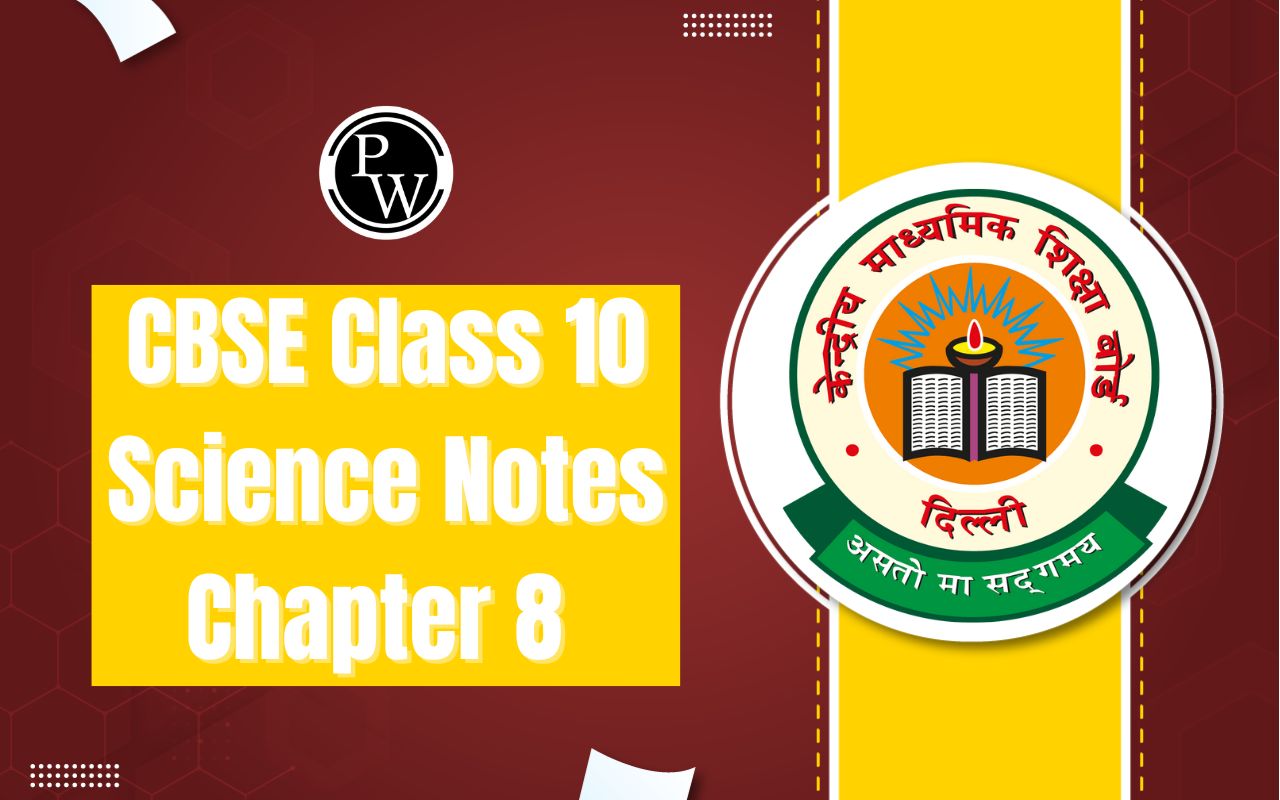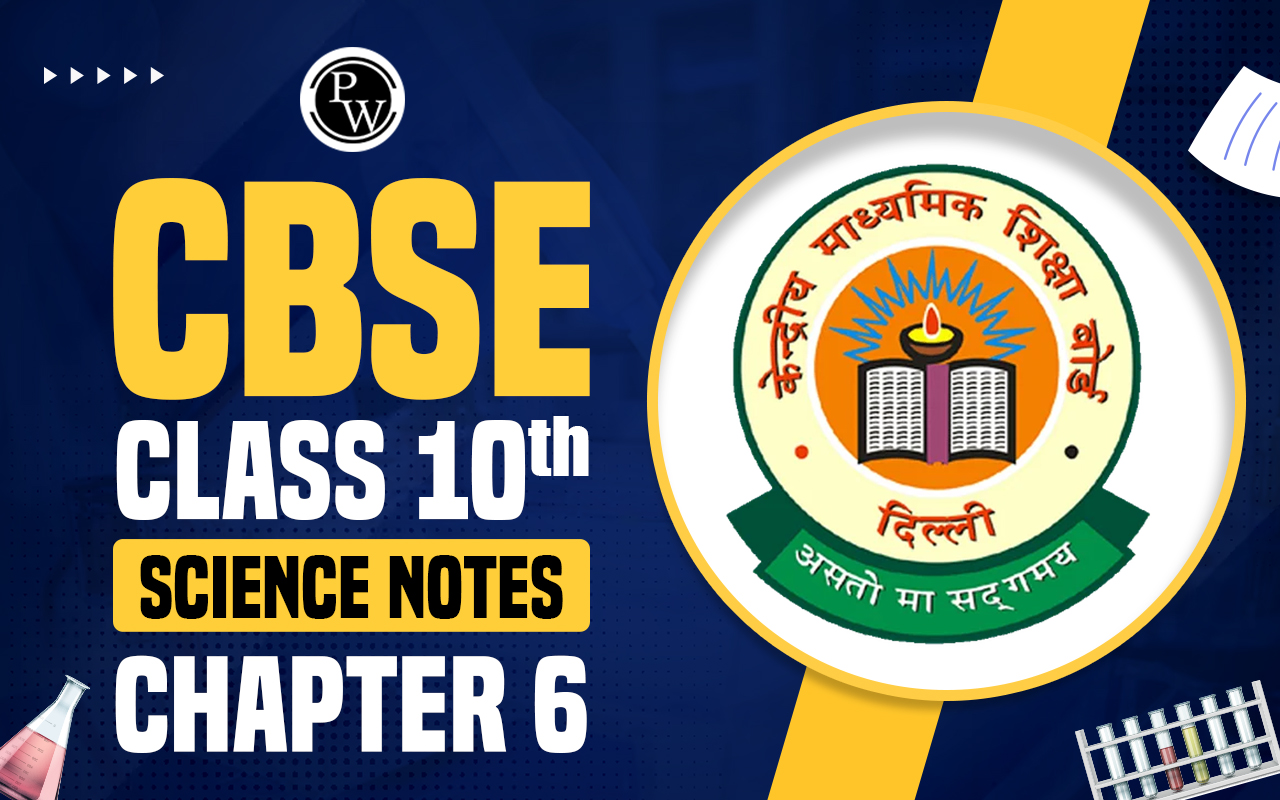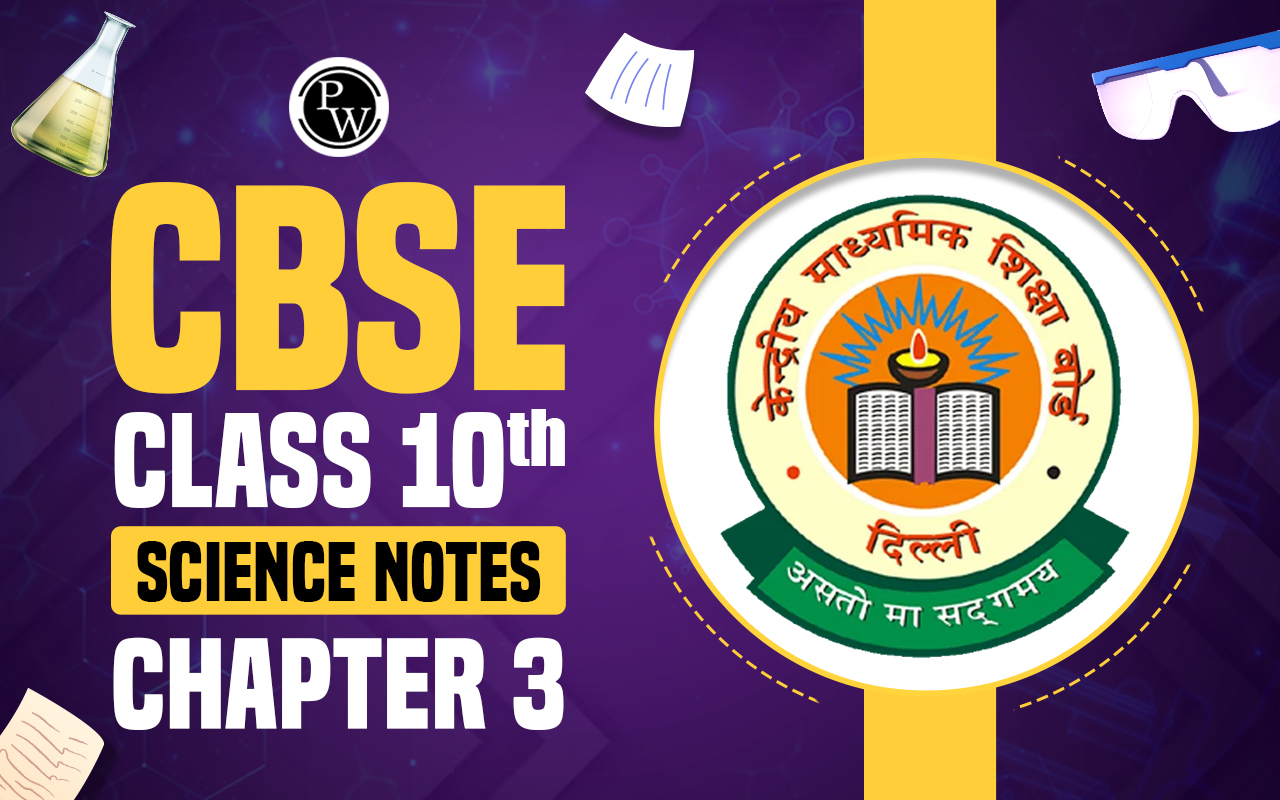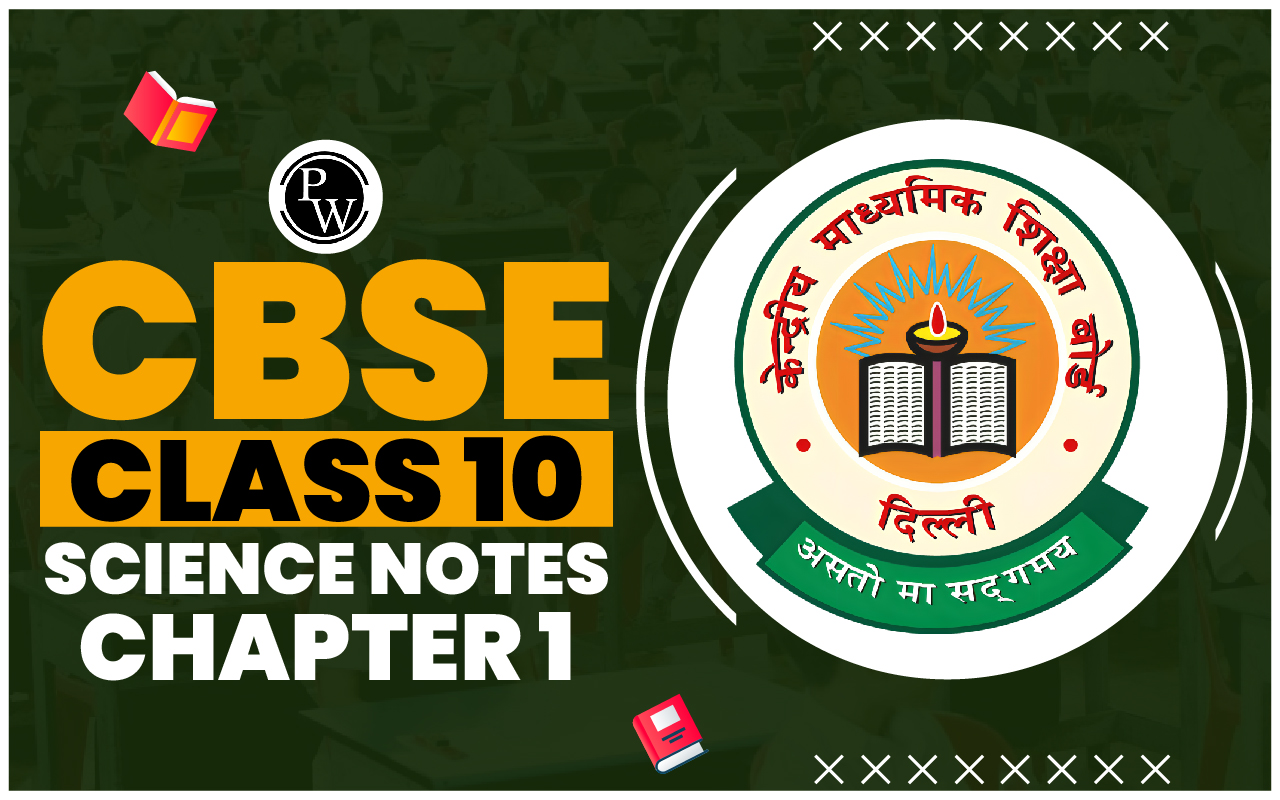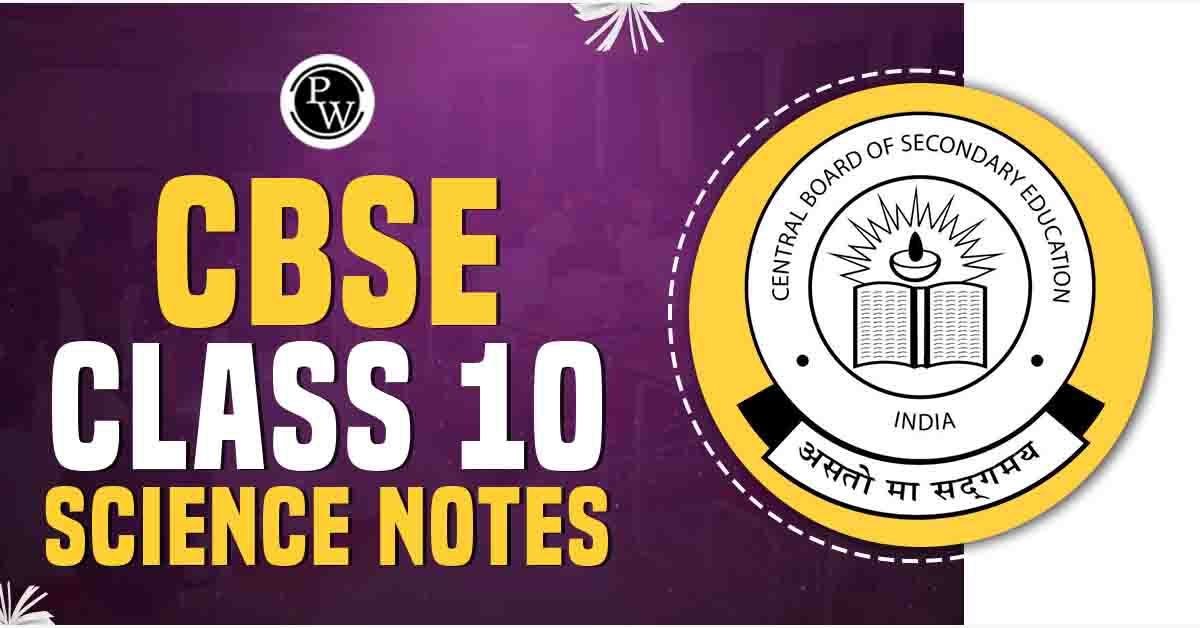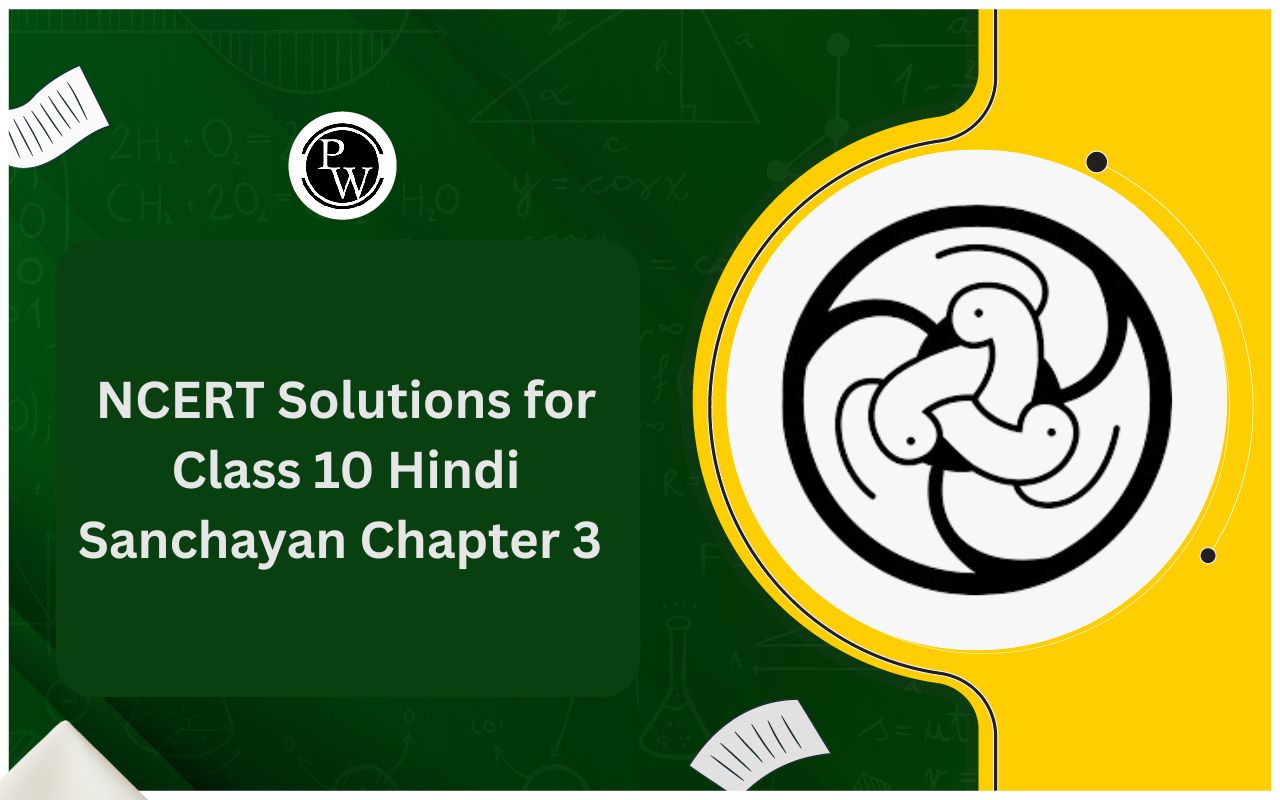
Gandhi Jayanti Speech in English On October 2, 2024, we will Celebrate the 154th birth anniversary of Mohandas Karamchand Gandhi. Are you struggling to craft a meaningful speech about Mahatma Gandhi for Gandhi Jayanti? In this article, we offer concise 15-line speeches about Mahatma Gandhi, both short and long speeches in English for Gandhi Jayanti, and also provide answers to frequently asked questions about Mahatma Gandhi.
Gandhi Jayanti is an annual event dedicated to honoring the birth anniversary of Mahatma Gandhi, known as " Bapu ," the Father of the Nation. Bapu , or Gandhi ji , was the visionary leader who championed India's quest for independence through the principle of 'Non-Violence.' By celebrating his birthday each year, we are reminded of his principles of Ahimsa and encouraged to strive for a better society.
Gandhi Jayanti Speech in English(Long)
Here, we offer an English speech for school students on Gandhi Jayanti. This speech will not only enrich your understanding of Mahatma Gandhi but also aid in your preparation for competitions.
Good morning, dear principal, teachers, and my wonderful friends. We have gathered here to celebrate Mahatma Gandhi's birthday. He was born on October 2, 1869. Today is the 154th Birth celebration of this great leader, often called the "Father of the Nation," Mohandas Karamchand Gandhi . We honor him for his important part in India's fight for freedom.
This day is very important in our history because it celebrates the man who guided India to freedom by following ideas like telling the truth, not using violence, and peacefully disobeying unfair laws.
Mahatma Gandhi , who we lovingly call Bapu, was born on October 2, 1869, in Porbandar, Gujarat. He lived a very simple and humble life, always working very hard to make things fair and just for everyone.
Non-violence , which Gandhi called Ahimsa , was a very important part of his way of thinking. He believed that problems and fights could be solved without hurting anyone. This belief led to some big and important events like the Salt March and the Quit India Movement , which helped us a lot in our struggle to be free from British rule.
Gandhi believed in something important called Satyagraha , which means the strength of truth . He showed that you can reach your goals by doing what's right without hurting anyone. He inspired many people to walk the path of truth and non-violence, a way of living that still helps and guides us today.
Gandhi's life was a testament to simplicity . He wore simple clothes, lived a modest life, and believed in the dignity of manual labor. He said, "Be the change you wish to see in the world." This reminds us that change starts from within.
Swachh Bharat Abhiyan , our nation's cleanliness drive, is a fitting tribute to Gandhi's emphasis on hygiene and sanitation. He believed that cleanliness is not just about physical cleanliness but also about a clean mind and heart.
Equality was another principle close to Gandhi's heart. He fought against the evils of caste discrimination and worked tirelessly for the upliftment of the oppressed. His efforts paved the way for a more inclusive India.
Today, as we remember the Mahatma, it's important to reflect on how his teachings are still relevant. In a world filled with strife, Gandhi's message of non-violence and truth is a guiding light.
Gandhi's legacy isn't just confined to India; it's a global inspiration. Leaders like Martin Luther King Jr. and Nelson Mandela were deeply influenced by his ideas and methods of peaceful resistance.
On this Gandhi Jayanti, let's promise to follow the important ideas Bapu believed in. We should work to make the world cleaner, fairer, and more peaceful. Let's be like Gandhi, making positive changes in our actions and thoughts, so his memory stays alive in what we do.
Gandhiji passed away on January 30, 1948, and his last words were "Hey Ram." He was killed by Nathuram Godse. Today, he is laid to rest at Raj Ghat in New Delhi. Many people show their respect by offering flower garlands and singing his favorite song, 'Raghupati Raghav Raja Ram.'
Gandhi Jayanti is not just a day of remembrance,it is a day of reflection and inspiration. Let us all strive to be the change we want to see in the world, just as Mahatma Gandhi did. Happy Gandhi Jayanti!
Gandhi Jayanti Speech in English (Short)
Good morning, Principal, teachers, and friends. Today, we Celebrate the 154th birth anniversary of the "Father of the Nation," Mahatma Gandhi, born on October 2, 1869. His principles of truth, non-violence, and civil disobedience played a crucial role in India's struggle for freedom, making this day a historic milestone in our history.
Mahatma Gandhi was a great leader of our country. He was born on October 2, 1869. He taught us some very important things that we can all learn from.
Gandhi ji believed in " Ahimsa, " which means non-violence . He said that problems can be solved without fighting or hurting anyone. He showed us that even in tough times, we can be strong without being mean.
He also believed in " Satyagraha ," which means the power of truth. Gandhi ji always told the truth and said that speaking the truth can change the world. He used peaceful ways to fight for our country's freedom.
Gandhi ji lived a simple life. He wore simple clothes and ate simple food. He taught us that we don't need a lot of things to be happy. Being content with what we have is important.
On January 30, 1948, when he was 78 years old, Mahatma Gandhi was assassinated by Nathuram Godse. His final resting place, called Raj Ghat, is located in Delhi. Even though he is no longer with us, his teachings and guidance will always be remembered. His last words were 'Hey Ram,' and his motto was 'My life is my message.'
So, on Gandhi Jayanti, we remember these important lessons from him. We should be kind to others, tell the truth, and live a simple and honest life.
Let's try to follow Gandhi 's teachings in our lives and make our country a better place.
Thank you for listening. Happy Gandhi Jayanti!
Jai Hind!
Gandhi Jayanti Speech in English (15-Line)
The 15-line speech about Mahatma Gandhi is very useful for young kids because it presents information about him in a simple and easy way.
- Today, we celebrate Gandhi Jayanti, the birthday of Mahatma Gandhi, born on October 2, 1869.
- Gandhi ji was a great leader who believed in non-violence, meaning not hurting anyone.
- He showed us that problems can be solved without fighting or violence.
- He also taught us the power of truth, known as "Satyagraha."
- Speaking the truth is important, and it can change the world.
- Gandhi ji lived a simple life, wearing simple clothes and eating simple food.
- He said we should be content with what we have.
- On this day, we remember his teachings of kindness, truth, and simplicity.
- He played a significant role in India's freedom struggle.
- His ideas of peace and non-violence still inspire us today.
- Let's follow his path to make our country a better place.
- Be kind to others, always tell the truth, and live a simple and honest life.
- Gandhi ji's legacy continues to guide us in building a better future.
- We can learn from him and work together for a more peaceful world.
- Happy Gandhi Jayanti! Jai Hind!
Mahatma Gandhi Quotes and Slogans
These quotes and slogans reflect the principles of peace, non-violence, and social justice that Mahatma Gandhi stood for and are often used to inspire and motivate people to work towards a better and more just society.
Gandhi Jayanti Quotes:
- "Be the change that you wish to see in the world." - Mahatma Gandhi
- "You must be the change you want to see in the world." - Mahatma Gandhi
- "The best way to find yourself is to lose yourself in the service of others." - Mahatma Gandhi
- "In a gentle way, you can shake the world." - Mahatma Gandhi
- "An eye for an eye only ends up making the whole world blind." - Mahatma Gandhi
- "The future depends on what you do today." - Mahatma Gandhi
- "Happiness is when what you think, what you say, and what you do are in harmony." - Mahatma Gandhi
- "You may never know what results come of your actions, but if you do nothing, there will be no results." - Mahatma Gandhi
Gandhi Jayanti Slogans:
- "Satyamev Jayate" (Truth Alone Triumphs)
- "Ahimsa Paramo Dharma" (Non-violence is the supreme duty)
- "Jai Hind" (Victory to India)
- "Sarvodaya" (Welfare for All)
- "Swaraj is my birthright and I shall have it." - Bal Gangadhar Tilak
- "Inquilab Zindabad" (Long live the revolution)
- "Quit India" - A slogan from the Indian independence movement
- "Vande Mataram" (I bow to thee, Mother)
Gandhi Jayanti Speech i FAQs
What is Gandhi Jayanti?
Who was Mahatma Gandhi?
Why is Gandhi called the "Father of the Nation"?
What are some key principles of Gandhi's philosophy?
What role did Gandhi play in India's struggle for independence?

